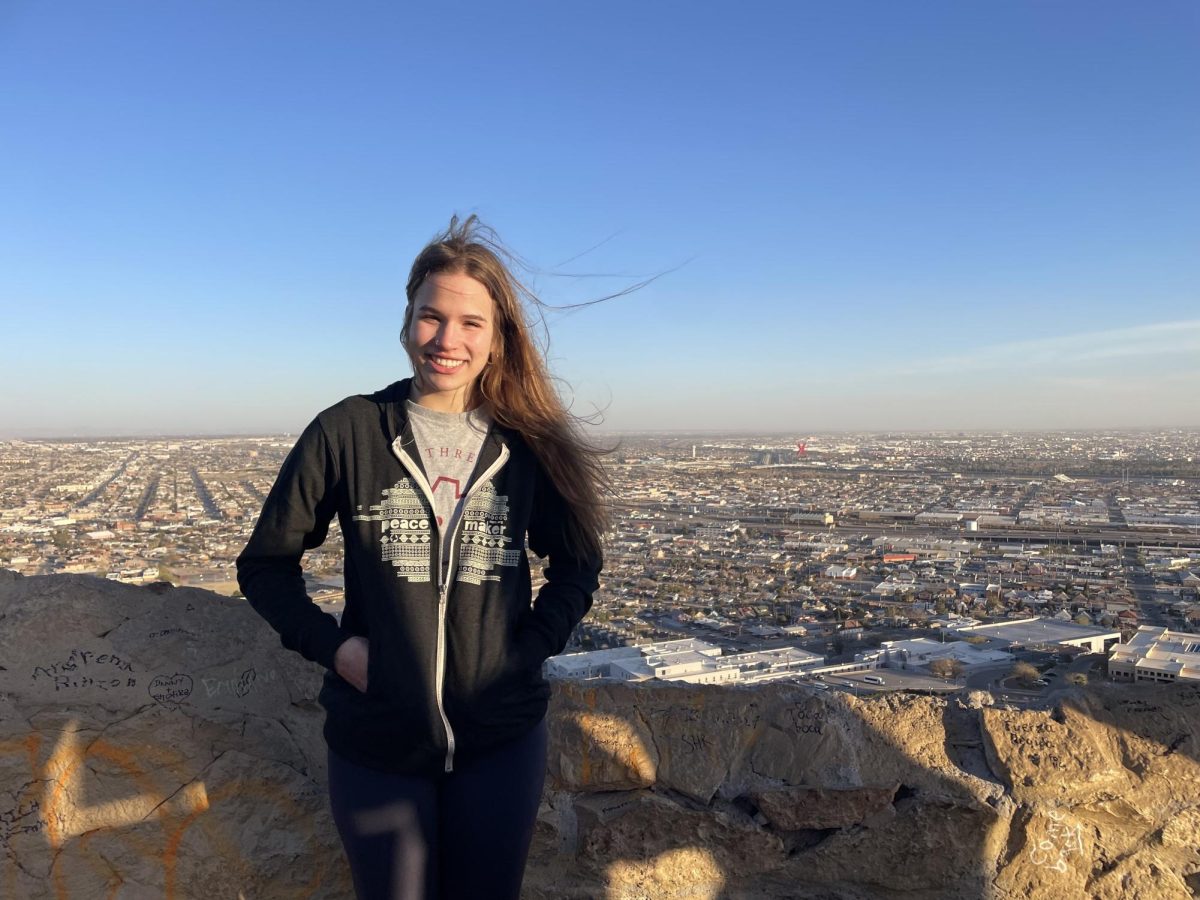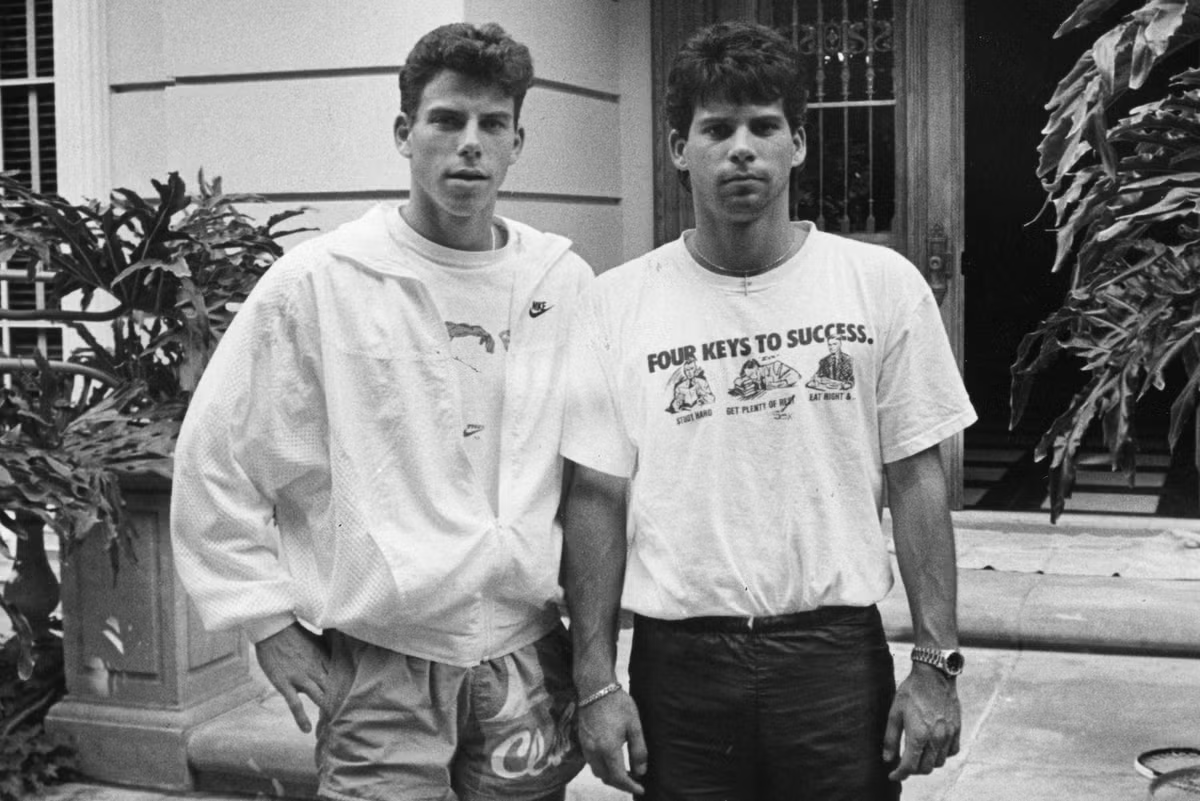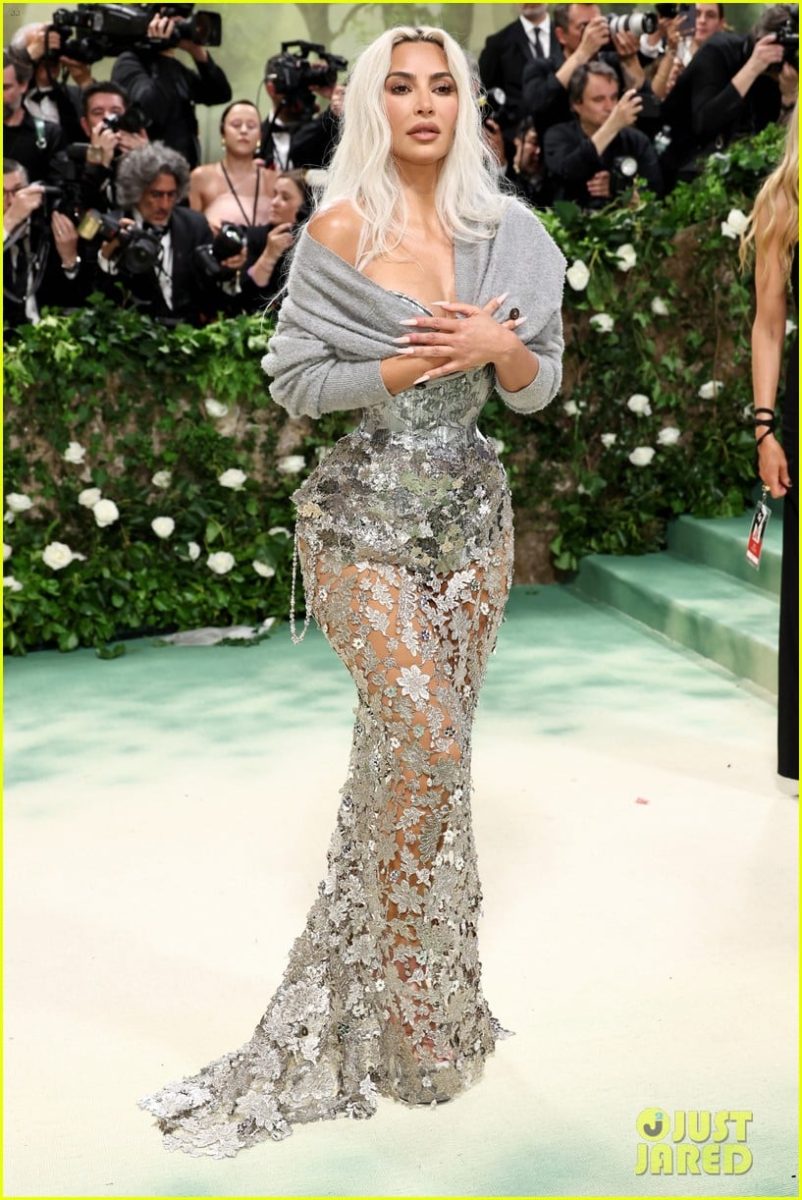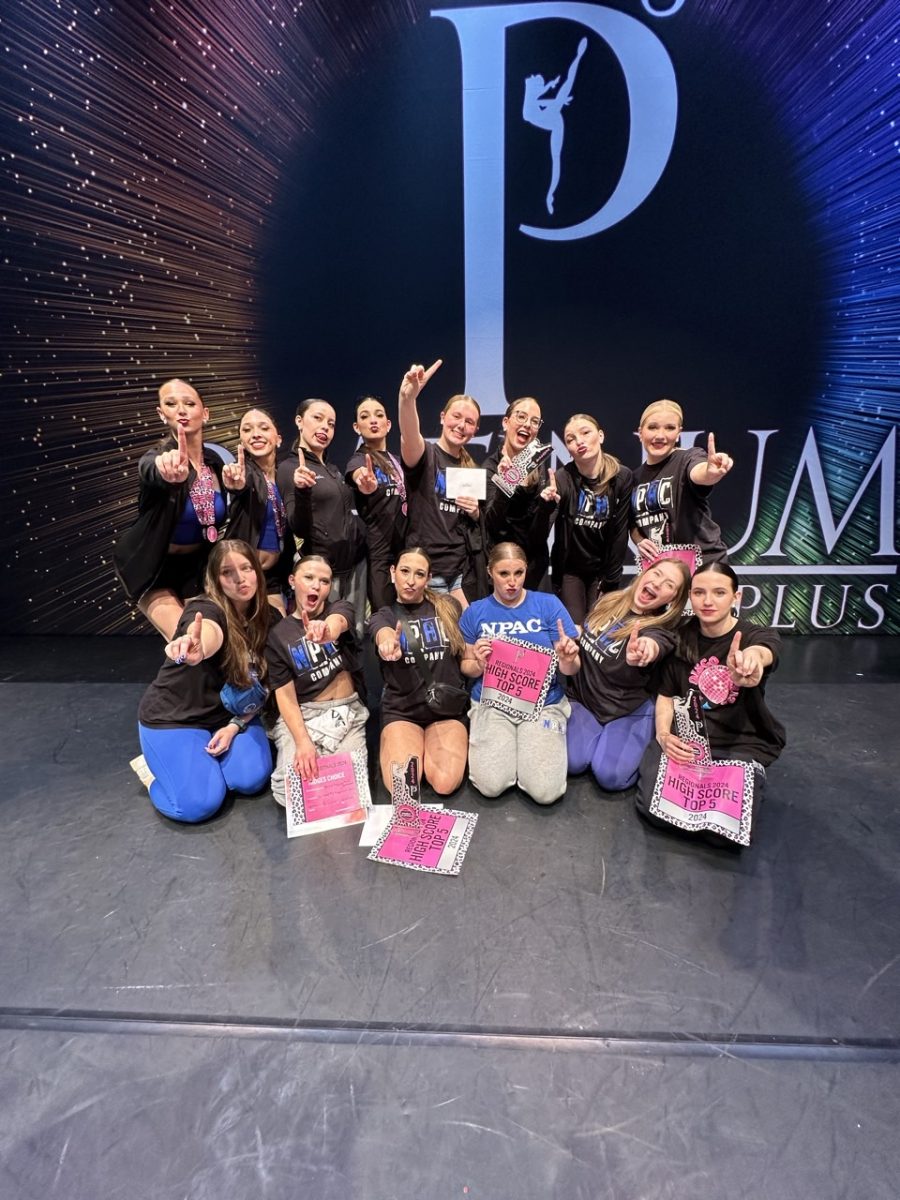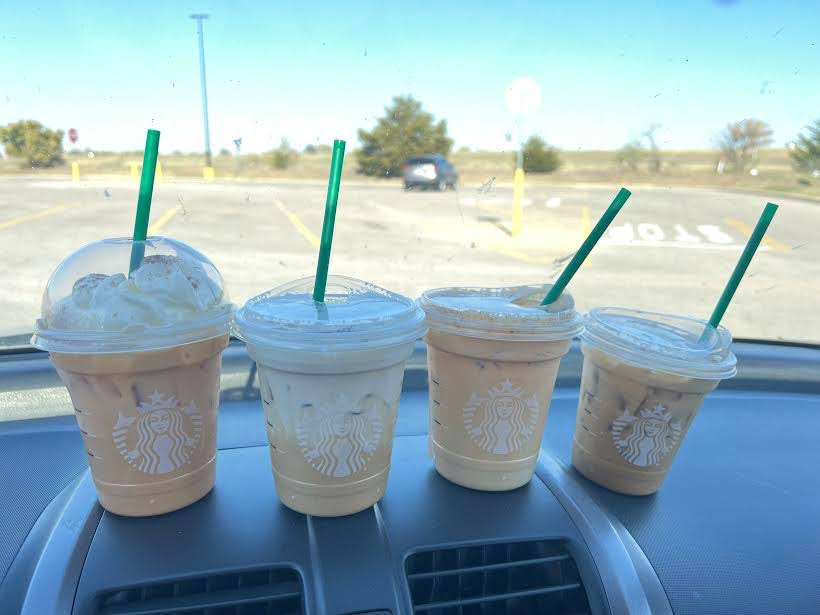
On March 17, I posted a photo on social media. The photo was me in a cropped top, taken during spring break. As I scrolled through social media, I began to feel self-conscious seeing other girls with slimmer bodies going to the beach or seeing celebrities show off their form-fitting Oscar looks. I’ve never felt that I’ve been judged based on my body, but seeing others that were slimmer than me made me self-conscious.In a study done by the American Psychological Association, teens and young adults cut their social media time by 50%, which improved both their mental health and body image. In the past few years, there have been trends of small, petite and skinny bodies. There are TikTok trends, such as seeing if you can fit your hand around your wrist, or trends under the hashtag ‘thinspo’ or ‘thinspiration that effect the way teens view thimselves.’ Videos that show calorie counting of what they eat in a day can be harmful to people recovering from eating disorders or young adults with weight issues.
Social media has allowed people to use filters that improve skin flaws and other imperfections. Apps, like Facetune, have a filter that is called the ‘skinny face filter,’ but this isn’t the only case of this occurrence. Other platforms, like Snapchat, use hold filters called ‘slim’ and ‘slimming the face.’ These filters encourage women to hide their insecurities.
Social media is used to show the best version of you. The ideals of Instagram or Snapchat are showing your best looks rather than showing your insecurities. These posts of your peers are being edited, showing them all glammed up and the best they have looked. If they are your age and skinnier, you compare yourself because they are your peers. That could be you – but it’s not. Social media platforms have caused these comparisons among peers.. Comparing your journey to others doesn’t help you. Comparisons are harmful to mental and physical health.
I do believe that if used correctly, social media can improve the lives of young people. You can get plenty of outfit inspiration that show off all kinds of bodies on platforms like TikTok or Pinterest. TikTok accounts, such as Denise Mercedes, promote self-acceptance and confidence. ‘Gym TikTok’ has been a way for women to connect and have a safe space to talk about health and working out to better their body image. However, the social norm of trying to show your best self on social media has affected how some men and women view their body image.

